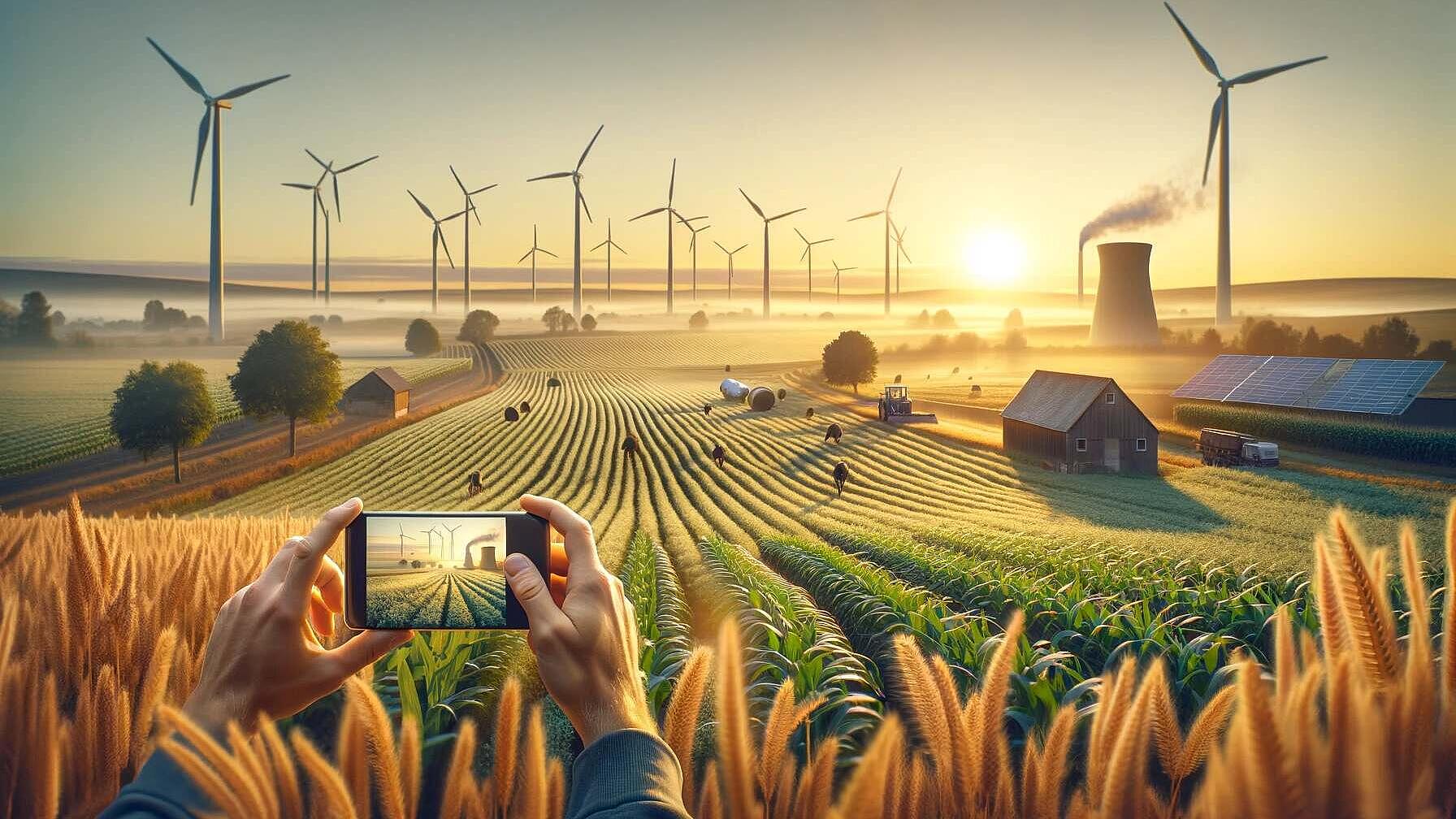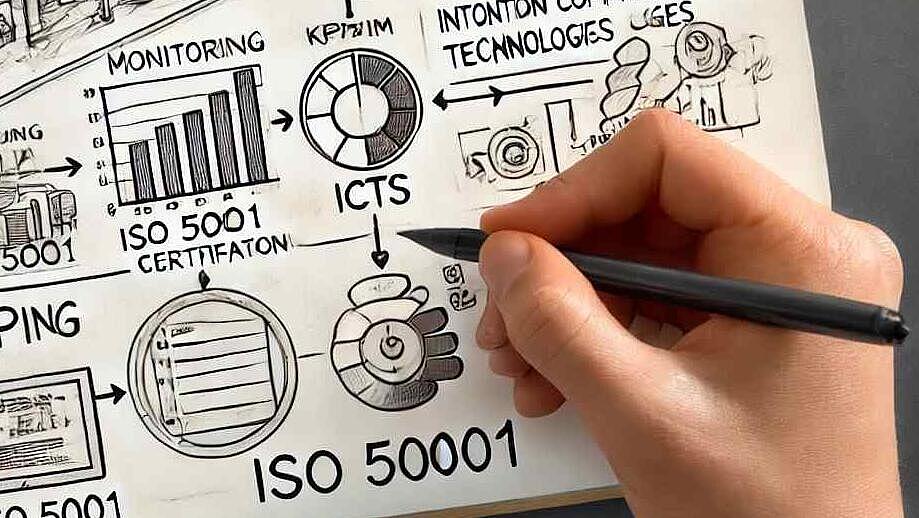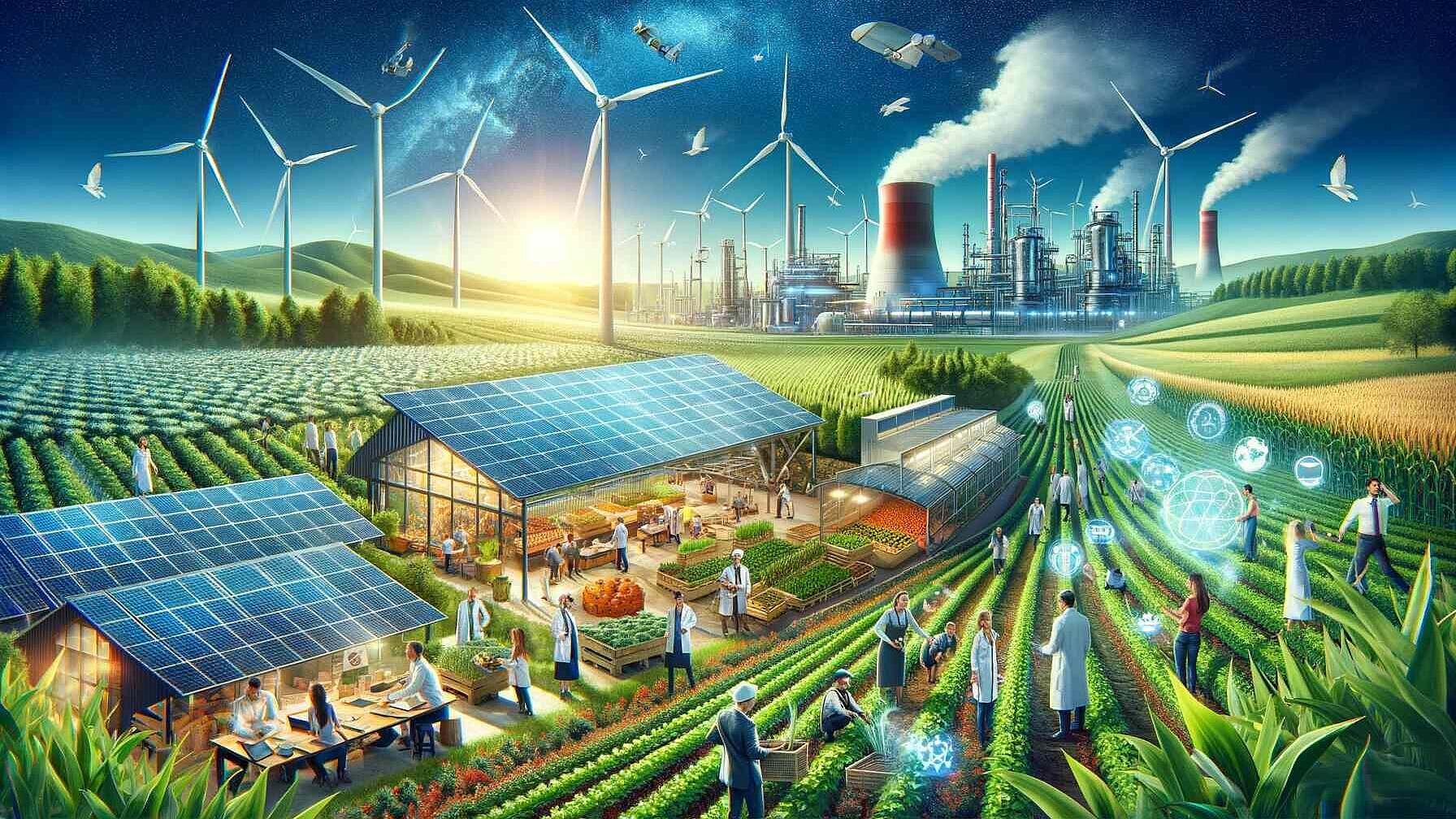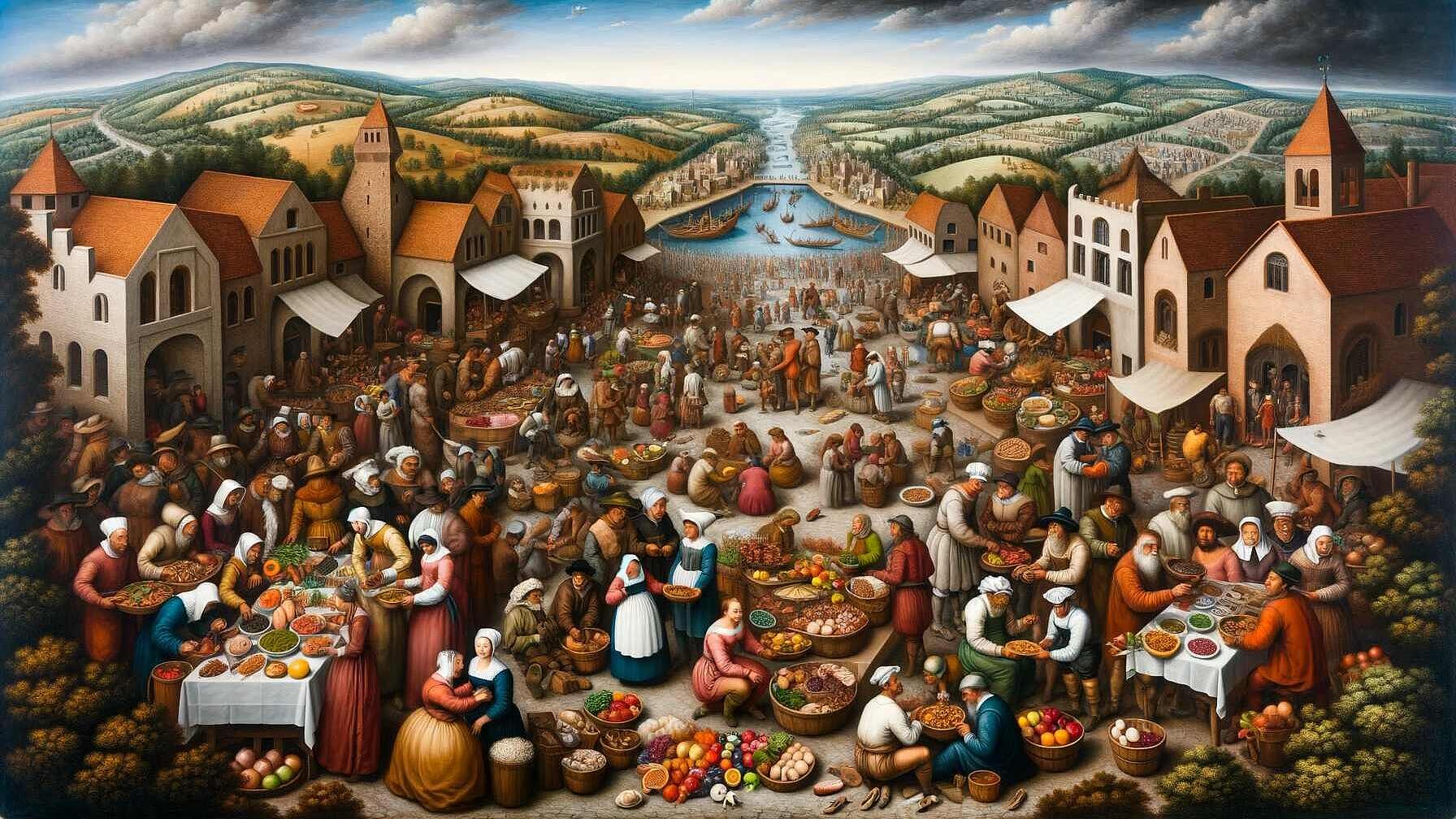 Renewable Energy
Renewable EnergyFeeding the Future: Navigating Europe's Journey to Sustainability
Resumo
The "From Farm to Fork" strategy is an integral part of the European Green Deal aimed at creating a sustainable, fair, and healthy food system by 2030. The strategy sets ambitious goals including reducing pesticide use, increasing organic farming, and halving food waste. It stresses the need for a food system that simultaneously benefits the environment, health, and economy, linking diets, ecosystems, and agricultural practices.
The strategy advocates for consumer empowerment via improved food labeling and promotes healthy and sustainable dietary choices while ensuring fair economic returns for producers. It acknowledges the importance of technological innovation, digitalization, and research, including the adoption of biodynamic and precision farming, to achieve sustainability.
The EU is committed to raising international sustainability standards and fostering global cooperation, using its trade policies to encourage sustainable practices and participating in international dialogues to share knowledge and best practices.
Overall, the strategy proposes a comprehensive approach requiring collaboration across different sectors and geographical scales, positioning Europe as a leader in the global movement toward sustainable food systems. It aims to address environmental concerns, bolster food security, and ensure economic viability in accordance with the EU's broader goals for a greener, healthier, and equitable society.
Artigo aberto completo
Feeding the Future: Navigating Europe's Journey to Sustainability
Europe's commitment to creating a sustainable, fair, and healthy food system is embodied in its comprehensive "From Farm to Fork" strategy, a cornerstone of the European Green Deal. This transformative vision not only aims to address the pressing challenges of climate change, biodiversity loss, and sustainable food production but also positions the EU as a pioneer in setting global standards for food system sustainability.
A Bold Agenda for Change
The strategy outlines ambitious targets for reducing pesticides, increasing organic farming, and halving food waste by 2030. It emphasizes the importance of creating a food system that benefits the environment, health, and economy simultaneously, highlighting the intricate connections between our diets, the ecosystem, and agricultural practices.
Empowering Citizens and Producers
Key to the strategy is the empowerment of consumers through improved food labeling, promoting healthy and sustainable choices, and ensuring fair economic returns for producers. It underscores the necessity of technological innovation, digitalization, and research to support the transition to sustainability, including the role of biodynamic and precision farming.
Strengthening Global Partnerships
Recognizing the global nature of food systems, the EU aims to raise international standards and foster global cooperation. This includes leveraging its trade policies to promote sustainability and engaging in international dialogues to share knowledge, technologies, and best practices.
Towards a Sustainable Food Ecosystem
The strategy calls for a holistic approach, integrating efforts across sectors and scales, from local communities to international partnerships. By setting ambitious goals and mobilizing all stakeholders, Europe endeavors to lead by example, transforming its food system into a model of sustainability for the world to follow.
In conclusion, "From Farm to Fork" presents a proactive blueprint for revolutionizing Europe's food system. By addressing environmental concerns, enhancing food security, and ensuring economic viability, it paves the way for a sustainable future, aligning with the EU's broader ambitions for a greener, healthier, and more equitable society.
Important Links
To review the full Farm to Fork Strategy, please check here
To learn more about why the Farm to Fork Strategy is important for the EENOVA project, please check here



